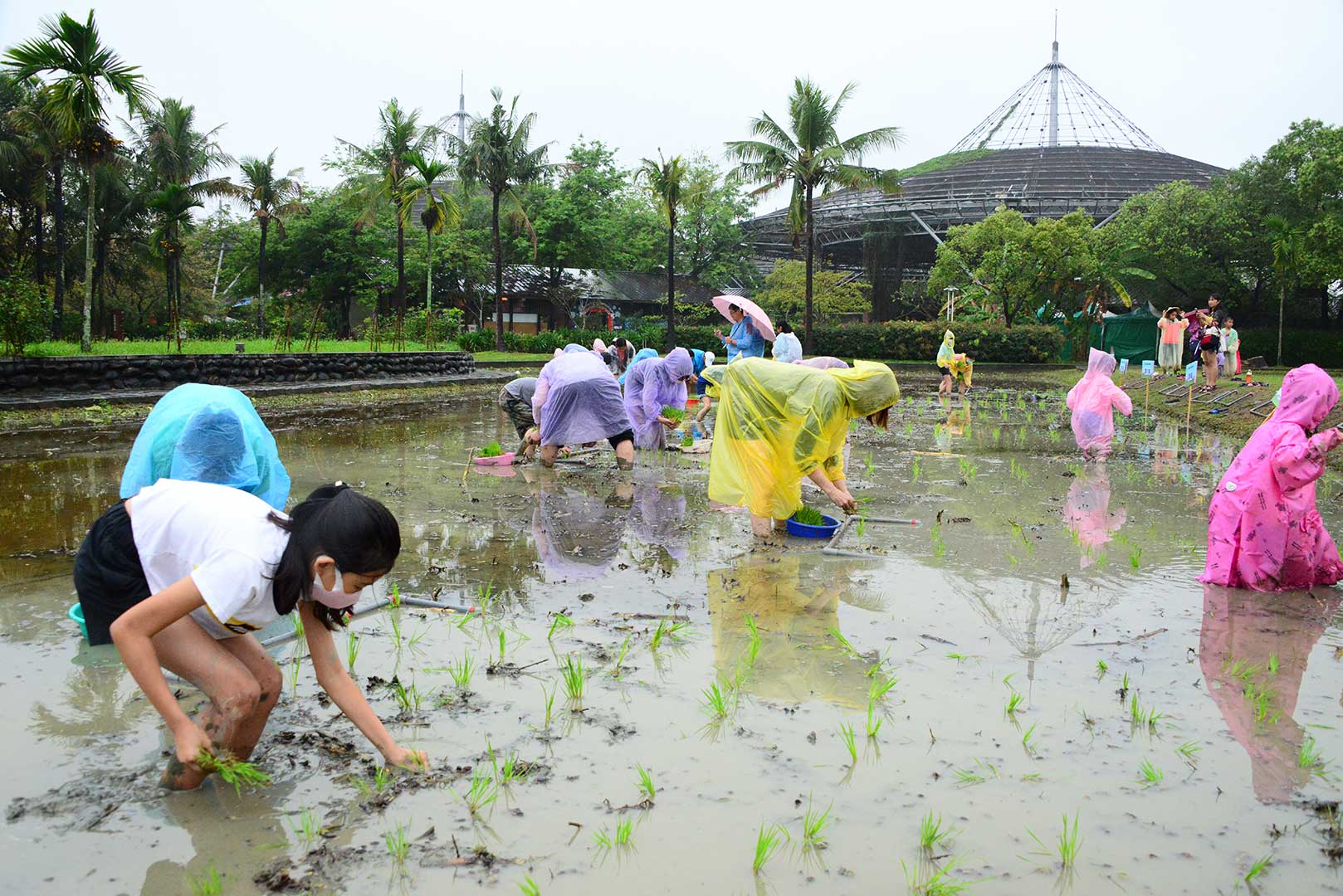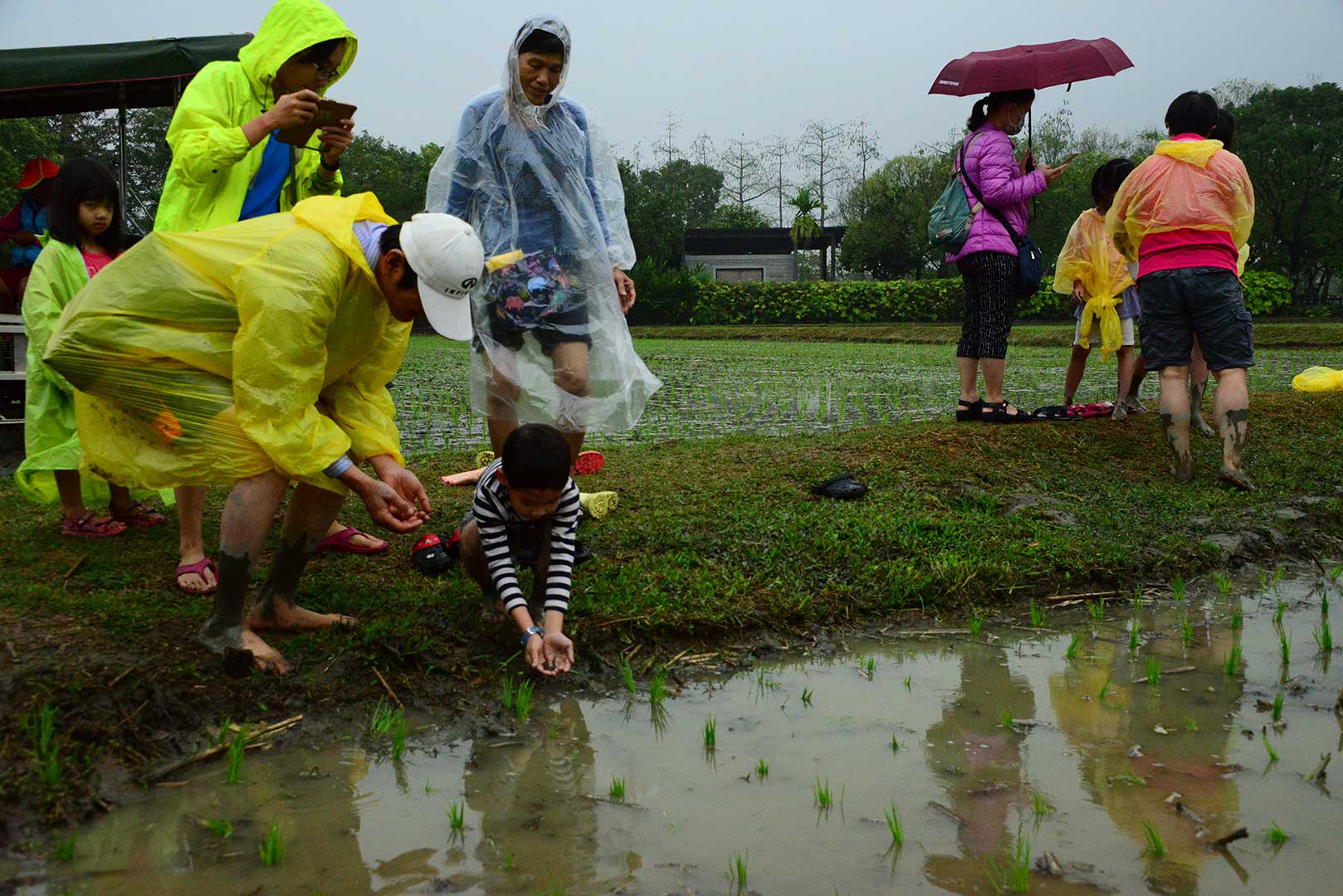
Activity Outcome
Industrial and environmental education promotion of Liudui Hakka Cultural Park – Raining Day to Plant a Rice Seedling
- Source:客家文化發展中心
- Publication Date:2020/03/14
- Last updated:2022/02/16
- Count Views:402
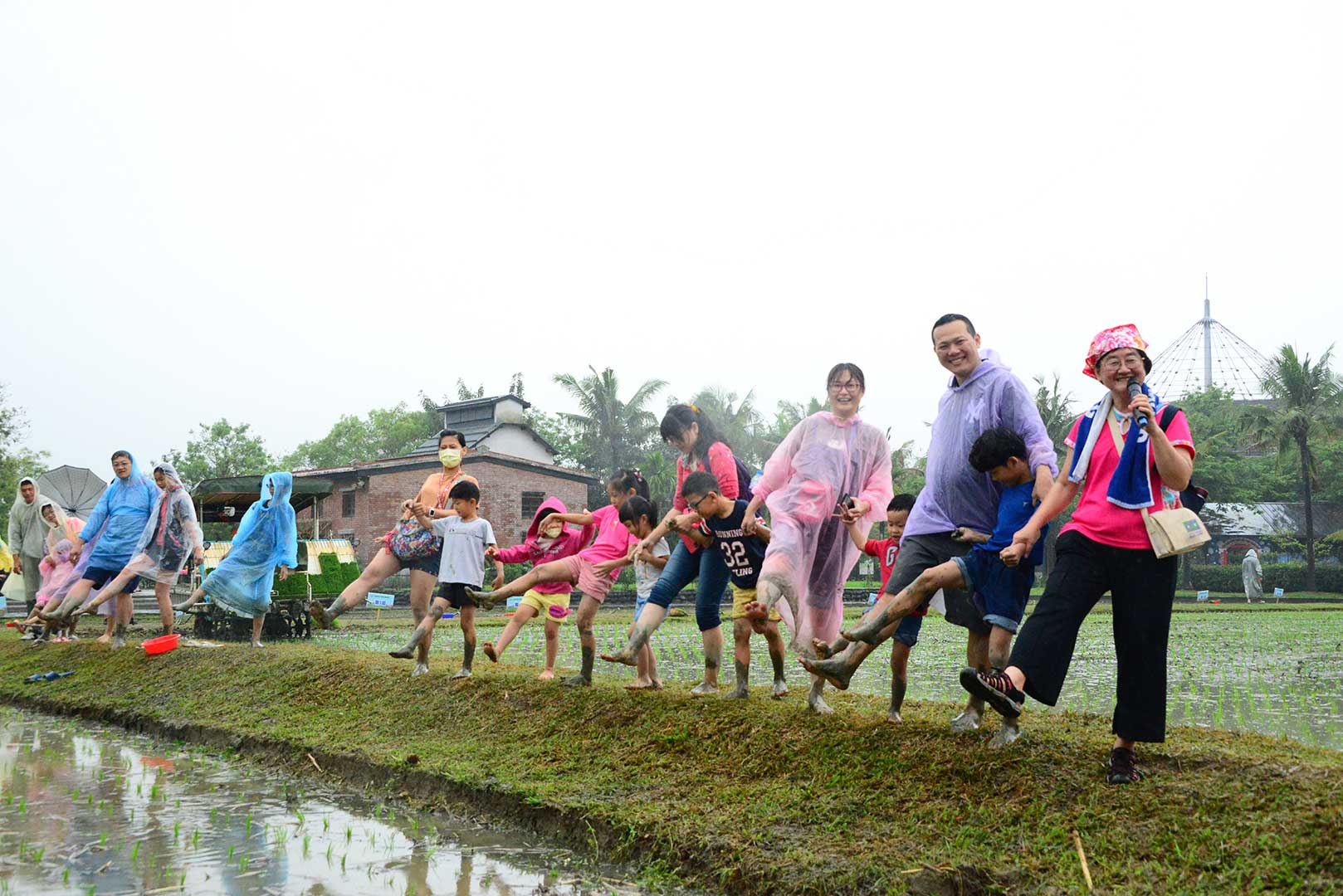
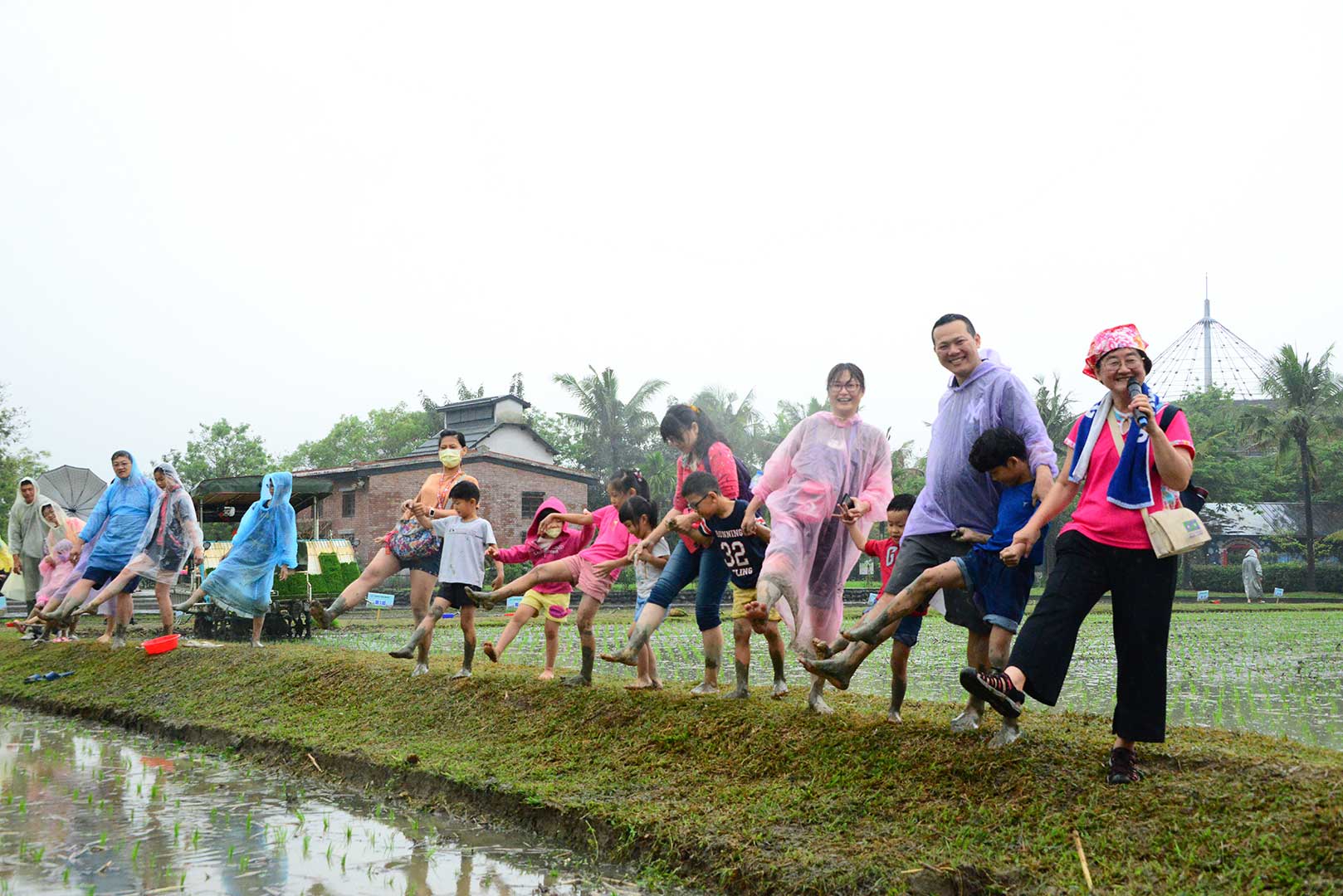
“Let’s go and catch some eels”, “the soil is cold, icy, soft and wet”, “this is the first time I’ve seen eels up close”… laughter and exclamation of both adults and children can be heard from the countryside area inside Liudui Hakka Cultural Park. It turns out that the park is offering a rice planting demonstration (image 1: sii vo). Visitors are invited to experience the traditional culture of “the symbiosis between paddies and eels” and have a deeper understanding of the cultures and features of the Hakka in different ways.
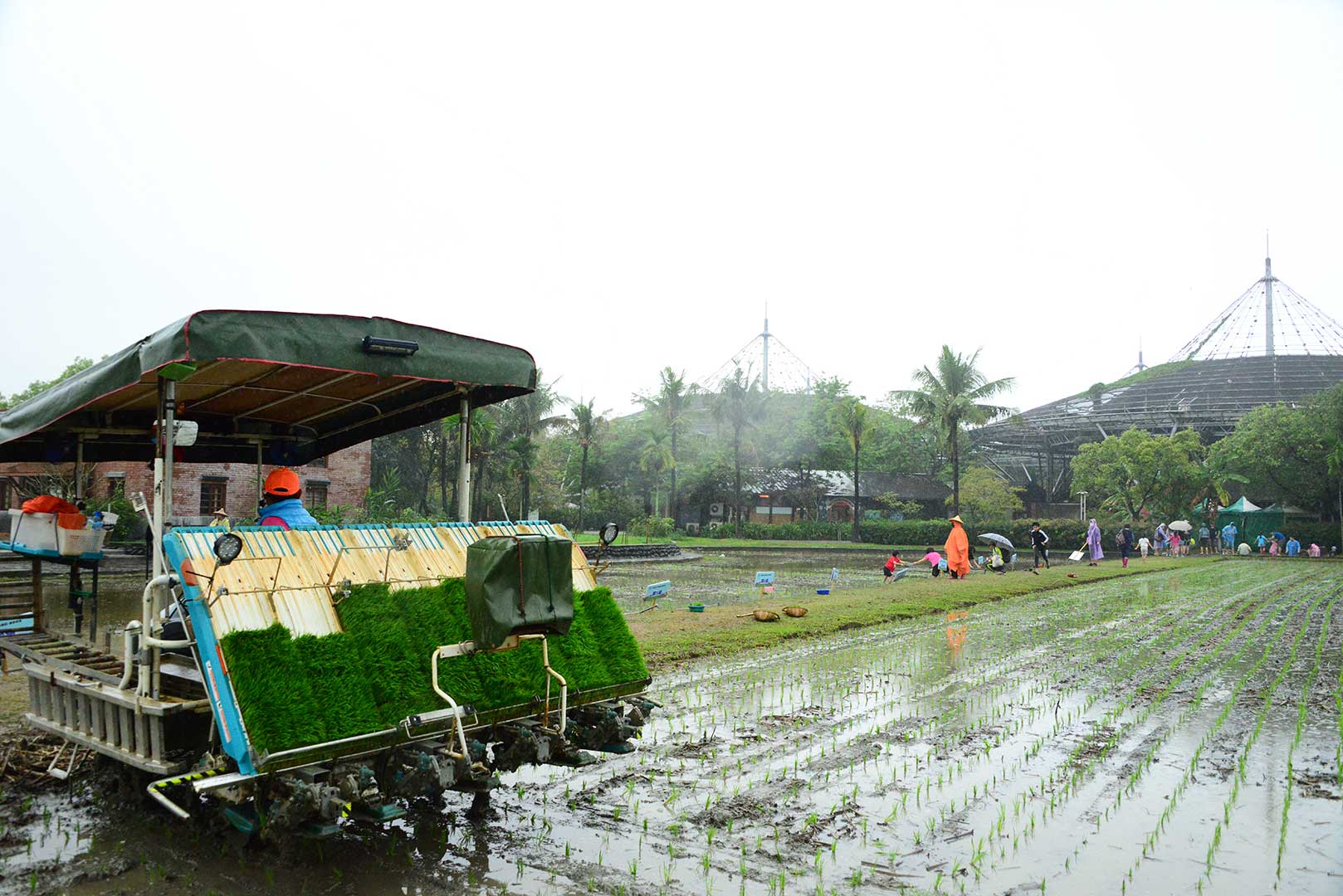
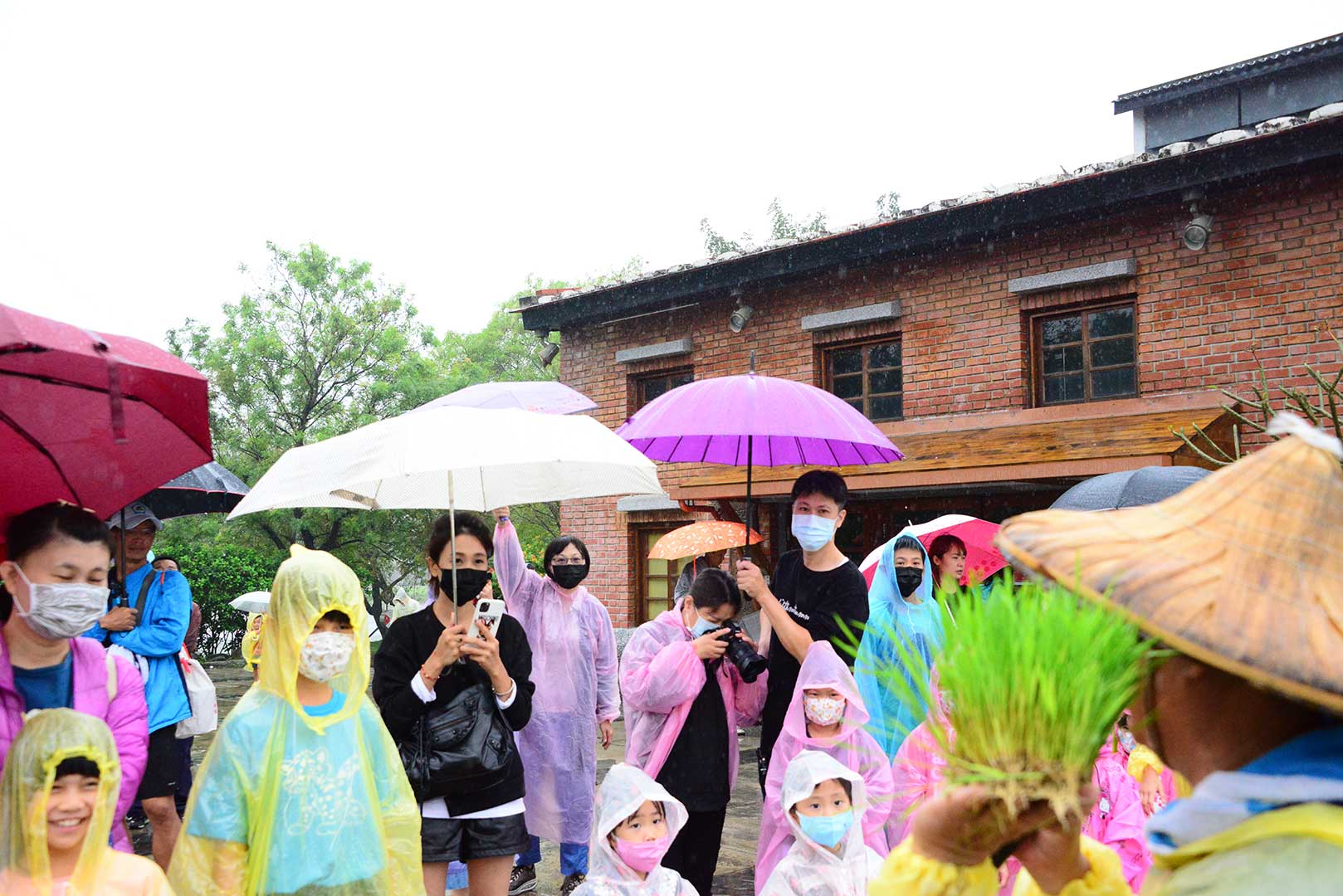
The term “sii vo” means planting the rice seedling in the Hakka language. Apart from promoting the sustainable development concept of the paragenesis and coexistence of humans and nature, the farming program launched by Liudui Hakka Cultural Park has designed and mapped out the content in accordance with epidemic prevention measures so that the public can join in with farming activities and feel at ease.
Liudui Hakka Cultural Park has been extending traditional and eco-friendly rice cultivation and farming opportunities for many years. Both spring and summer are the best seasons for rice farming, and planting rice seedlings in the rain is undoubtedly a special and valuable experience as it allows participants to appreciate the sweat and toil of a farmer; though the weather is bad, there are still many families that go into the fields to see what it’s like for themselves. Aside from guiding participants to worship the heavens, offer sacrifices to the Earth god, and pray for an abundant rice harvest, which conveys the spirit of showing respect to god and treasuring the blessings of the Hakka people, the program also aims to introduce the ecological environment of ridge and paddy fields and encourage everybody to show care to pastoral ecology and small creatures. Moreover, visitors can experience the traditional culture of “the symbiosis between paddies and eels” for the first time, watching how the eels and put in a suitable place to breed, and allowing everybody to learn about the effect of eel breeding in rice fields; it can naturally increase the effectiveness of fertilizer and encourage debugging and soil loosening, which is conducive to increasing the yield of high-quality rice. For most parents, this is the first time they have touched an eel and experienced the culture of “the symbiosis between paddies and eels”. They agree that the program is not only interesting but also quite entertaining and informative, and will bring their kids along to join in the fun again.
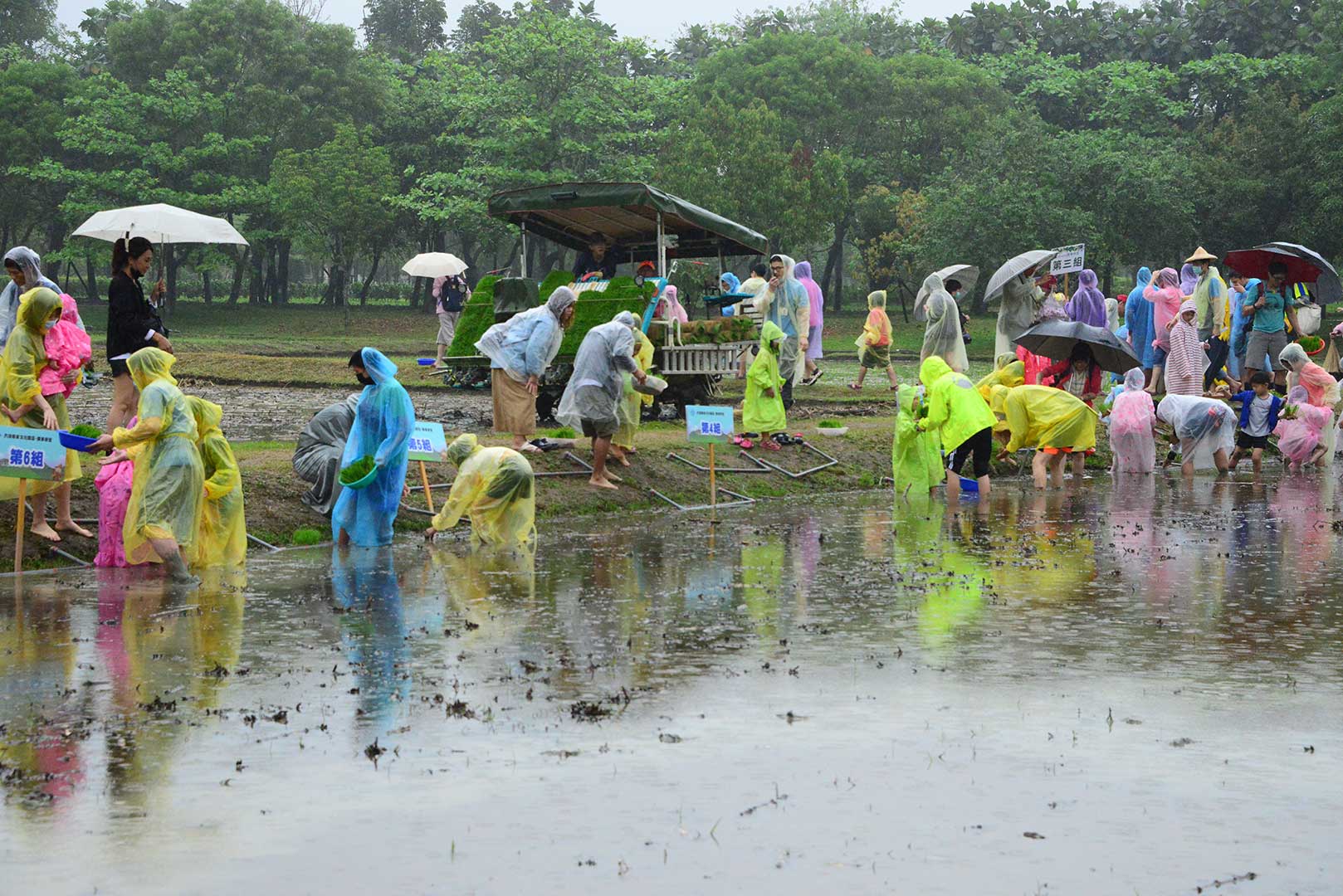
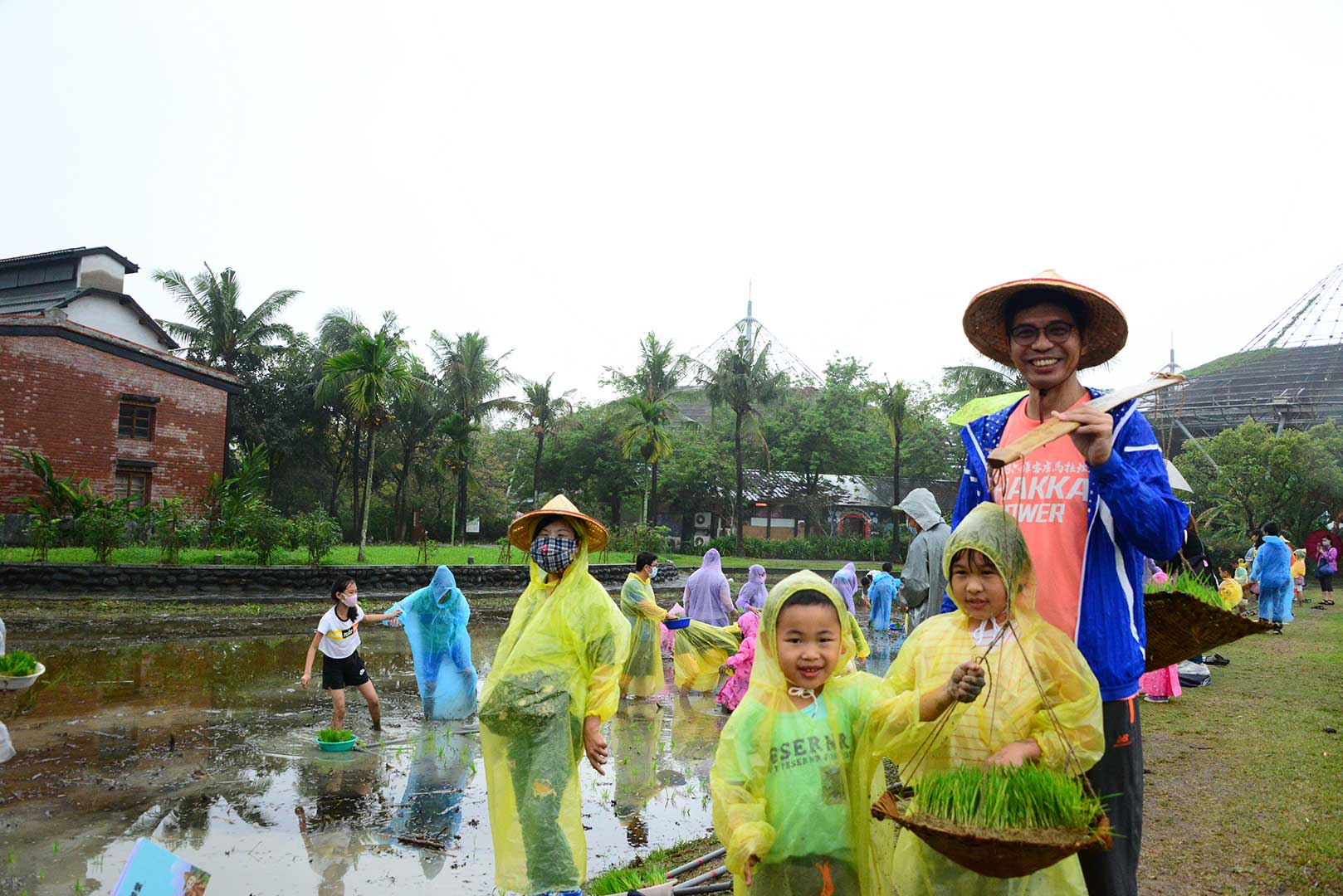
Director of the Taiwan Hakka Culture Development Center Ho Chin-Liang points out, “although we are overwhelmed by the enthusiastic response received for the farming program this time, the park is still implementing and facing the relevant epidemic measures with a rigorous attitude. Aside from controlling the number of participants, requesting participants to take self-health monitoring actions and surveying their travel history, we also take our visitors’ body temperatures and provide hand sanitizer on site. The farming program is held in a well-ventilated outdoor countryside area where participants are required to go into the field at different times and exercise social distancing to avoid crowds. All related epidemic prevention measures are properly implemented so that visitors feel safe and comfortable when experiencing Hakka culture.
We have also recruited junior high school students who are interested in agricultural activities to join us as volunteers. We believe that through the engagement and service contributed by these young people the idea of Liudui’s environmental education will continue to take root. The following farming “weeding” (cog tin) program planned by Liudui Hakka Cultural Park will be held in combination with the Hakka light trip. Please pay close attention to the details and refer to the official website and FB fan page of Liudui Hakka Cultural Park for further information.
